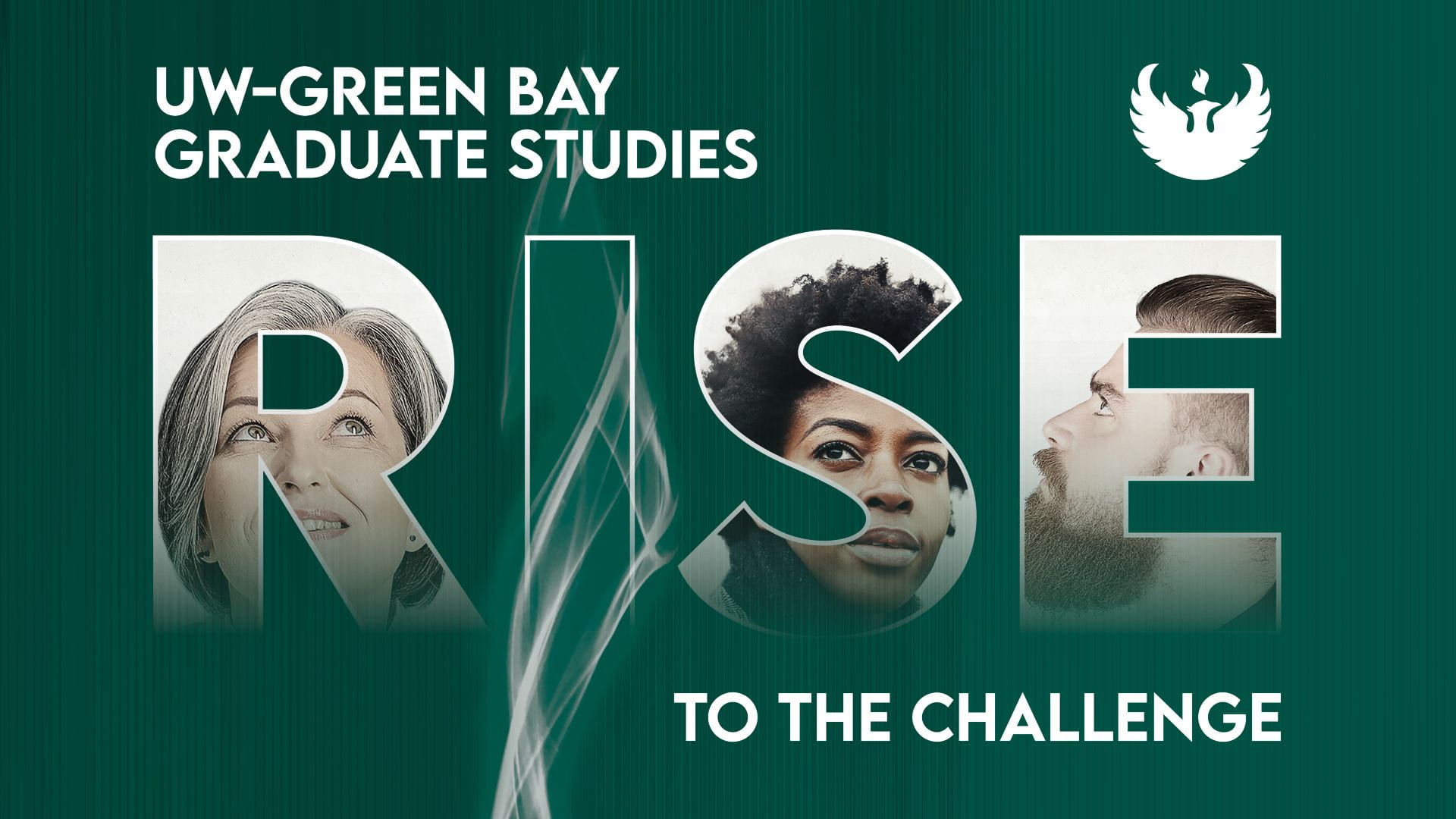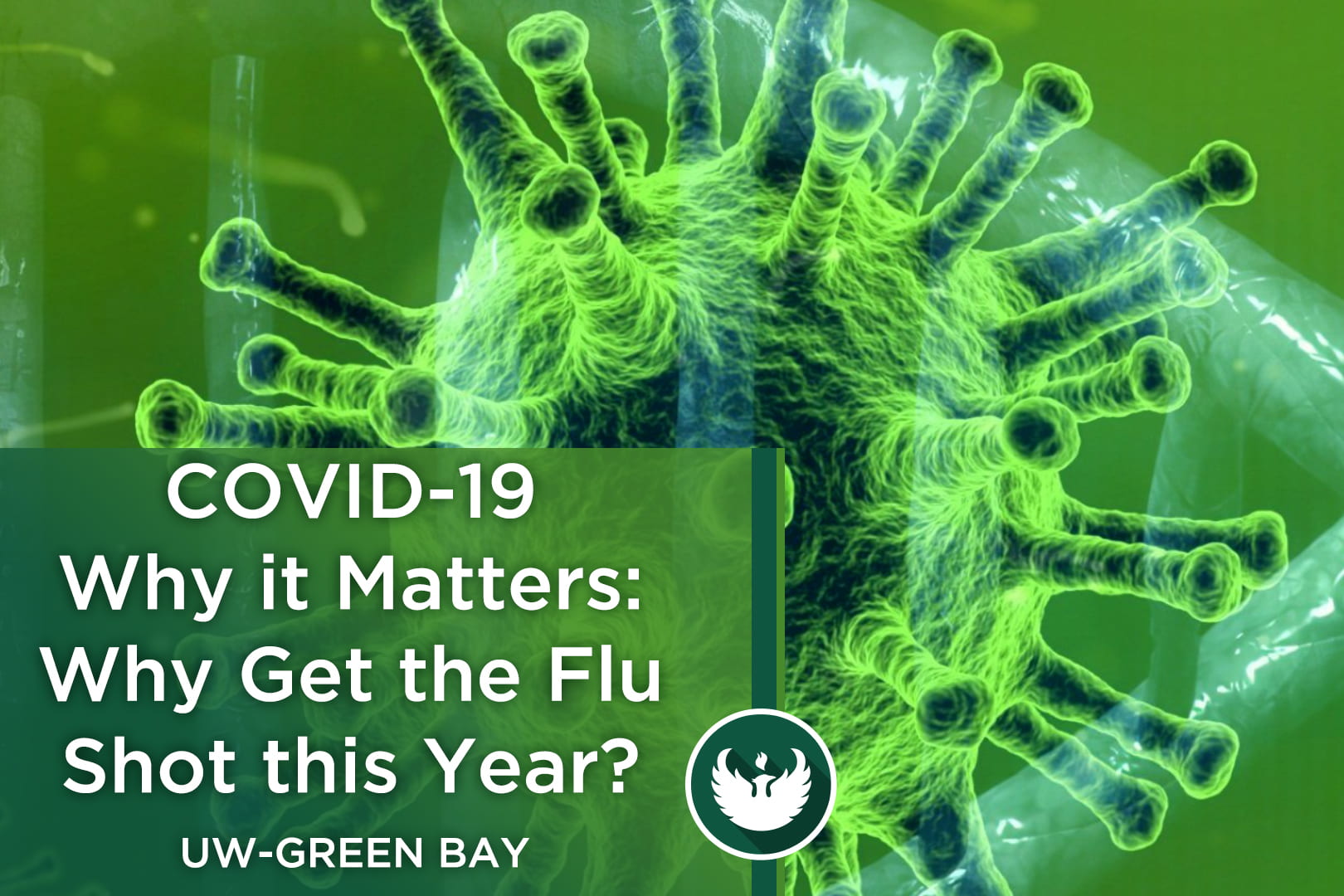Professor, Tribal Elder team up to help save language
 Almost every Monday, Maria Hinton, age 98, and UW-Green Bay Prof. Cliff Abbott sit down at Hinton’s kitchen table and preserve a piece of Oneida history.
Almost every Monday, Maria Hinton, age 98, and UW-Green Bay Prof. Cliff Abbott sit down at Hinton’s kitchen table and preserve a piece of Oneida history.
Doing their part for a movement started decades ago to preserve the Oneida language, Abbott and Hinton together read Oneida words from a dictionary she wrote with her brother, the late Amos Christjohn. Abbott says the English word and Hinton, speaking into a microphone attached to a digital recorder, says the Oneida translation.
Abbott, a professor of information and computing sciences, is working on putting the translated sound files on a Web-based, searchable Oneida dictionary.
“We’re trying to keep our culture,” said Hinton, who has gotten about halfway through the dictionary with Abbott in the last three years. The dictionary contains between 14,000 and 15,000 entries, Abbott said.
“I think Oneida is an extremely endangered language,” Abbott said. “There aren’t enough people that speak it and it’s not being learned as a first language anymore. When that happens to a language it’s extraordinarily difficult to bring it back. That’s the negative side.
“The positive side is that there’s an incredible commitment in that community to the value of the language and to efforts to try to save it as much as possible,” he continued.
The language is at the root of Oneida culture, said William Gollnick, Oneida Nation’s Chief of Staff.
“I think the language itself is critical,” Gollnick said. “Unless one understands the language, there is a real loss in terms of being able to understand one’s culture.
“The culture ties us back to the Earth. It ties us back to a different way of thinking and it’s the medium that keeps us connected. It’s incredibly vital that we preserve that and use it to the extent that we can going forward.”
Hinton, Class of 1979, is UW-Green Bay’s oldest living graduate. She grew up in a household that spoke only Oneida, not learning English until she attended the government school, making her one of only a handful of native speakers.
She was honored by her alma mater in August 2008 with the Founders Association Award for Excellence.
Transcript
Voiceover
Ukwehuwehnéhaˀ ne kaˀi·kʌ
This is the Oneida language.
Maria Hinton
Yaké·yahle. My name is Yaké·yahle. It means, She Remembers.
Text on screen
She remembers… to preserve the disappearing Oneida language.
Prof. Cliff Abbott
I’ve known Maria for almost 35 years I guess. There’s something special about our relationship, I think.
Probably the biggest project that we’ve worked on was the making of the (Oneida) dictionary. It was published about a decade ago.
She sensed a lot of people were using it and pronouncing the words as if they were English. And I said, I thought the only way around that would be to have some sort of sound along with what they were seeing in print.
And that’s not easy. She said is there any way to do that. And I said well, I suppose you could use computer technology and make a Web site. And she said that sounds like a good idea. And I told her that would mean somebody would have to read all the words in the dictionary. There may be about 14,000 or 15,000 of them in there. And she thought about it for a little bit and said, yeah, I think we ought to do that; that will be an improvement.
She was about 95 at the time and I warned her that this was likely to be a several-year project and that didn’t discourage her at all.
The big project that we’re working on right now is adding sound to a dictionary of Oneida.
Maria Hinton
The people that are buying the dictionary and learning to speak, a lot of them are doing it to hear my voice on there. We’re trying to keep our culture.
Prof. Cliff Abbott
I think Oneida is an extremely endangered language. There aren’t enough people that speak it and it’s not being learned as a first language anymore. When that happens to a language it’s extraordinarily difficult to bring it back. That’s the negative side.
The positive side is that there’s an incredible commitment in that community to the value of the language and to efforts to try to save it as much as possible.
William Gollnick, Oneida Nation Chief of Staff
I think it’s at a point where there are many within the community that recognize that this is a critical time. The number of speakers that we have remaining is dwindling dramatically. Were it not for contributions from people like Maria—and there are very few remaining—we would be at a serious point in terms of being able to have the capacity, the depth of language, available for us to research so that we could preserve it.
Prof. Cliff Abbott
This is the kind of project that it takes a community to do. It’s not any one person. I looked at the number of people that have worked in one capacity or another on preserving the language over the last generation or so and it’s an enormously long list. There are a lot of people that have contributed to this, and I feel grateful to be some part of that particular list.
Scrolling Text:
Maria Hinton was honored by her alma mater in August 2008 with the Founders Association Award for Excellence.
At the time, she was age 98 and UW-Green Bay’s oldest living graduate.
The spoken-word dictionary project continue, with weekly meetings over her kitchen table in Oneida.
To hear the language recordings visit: www.uwgb.edu/oneida





